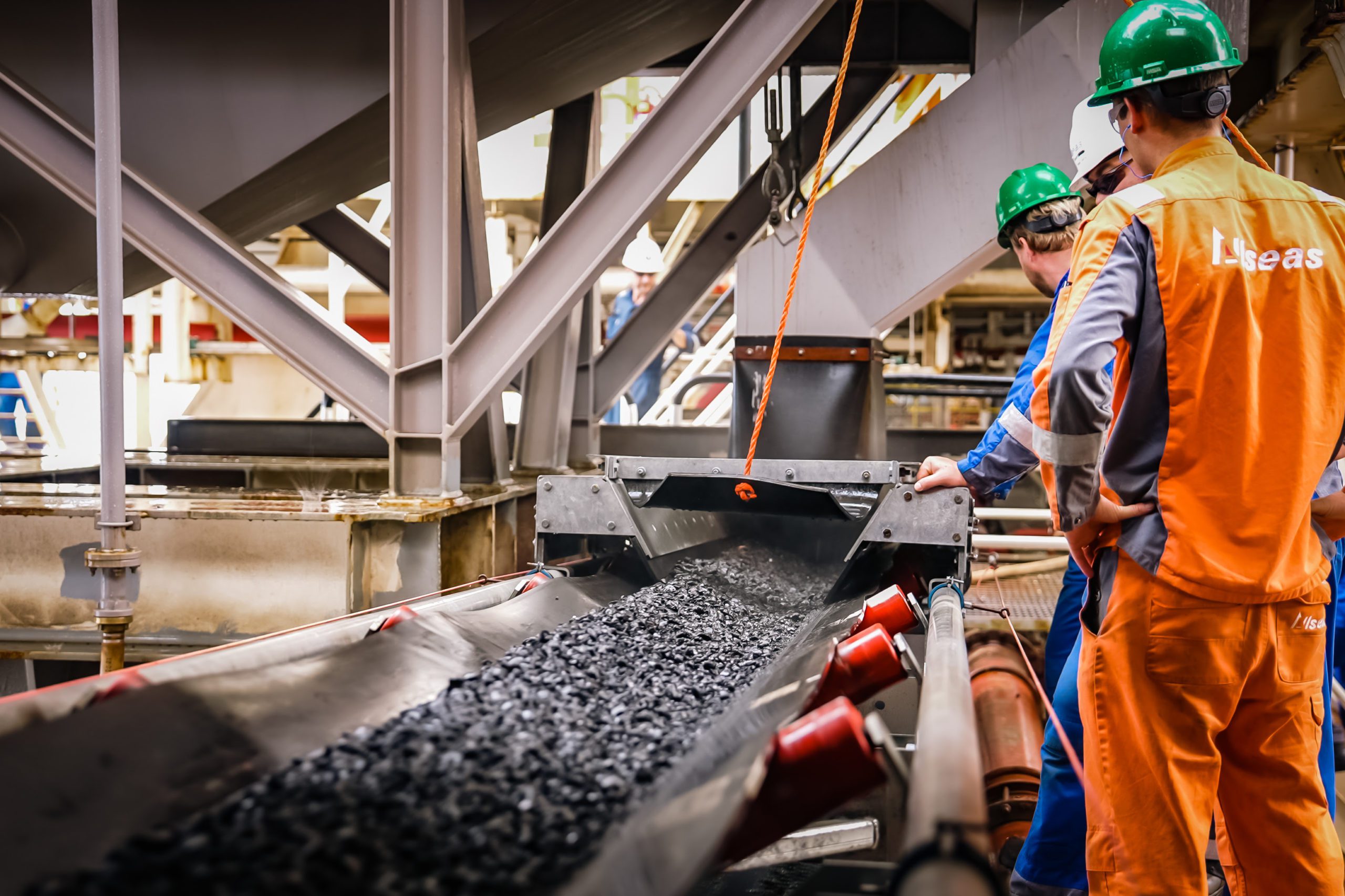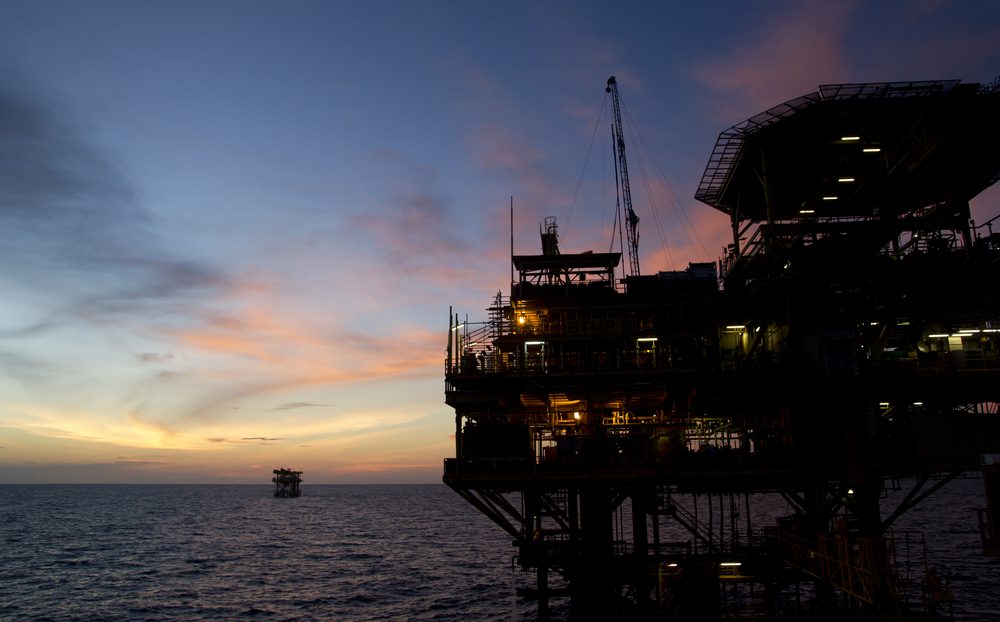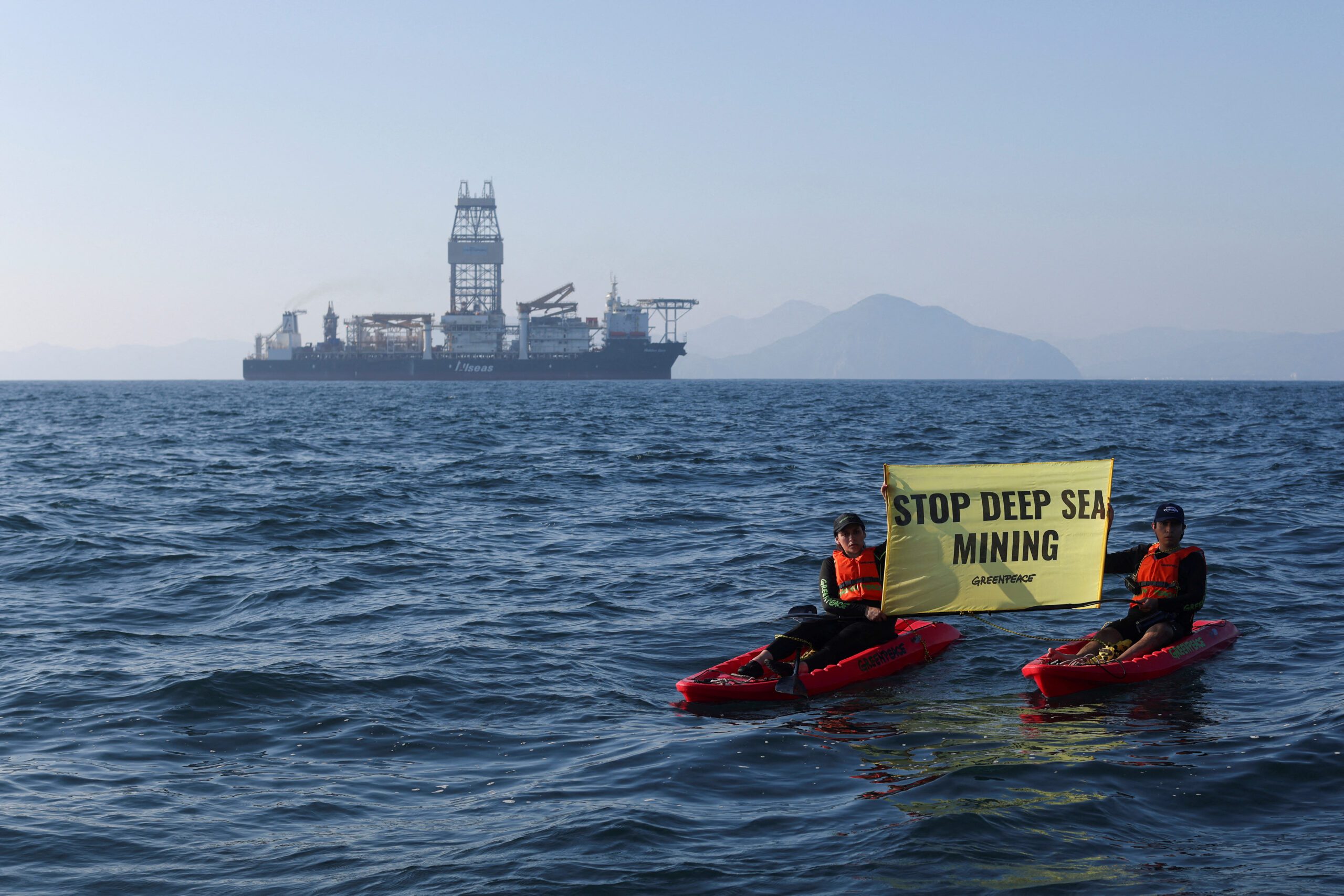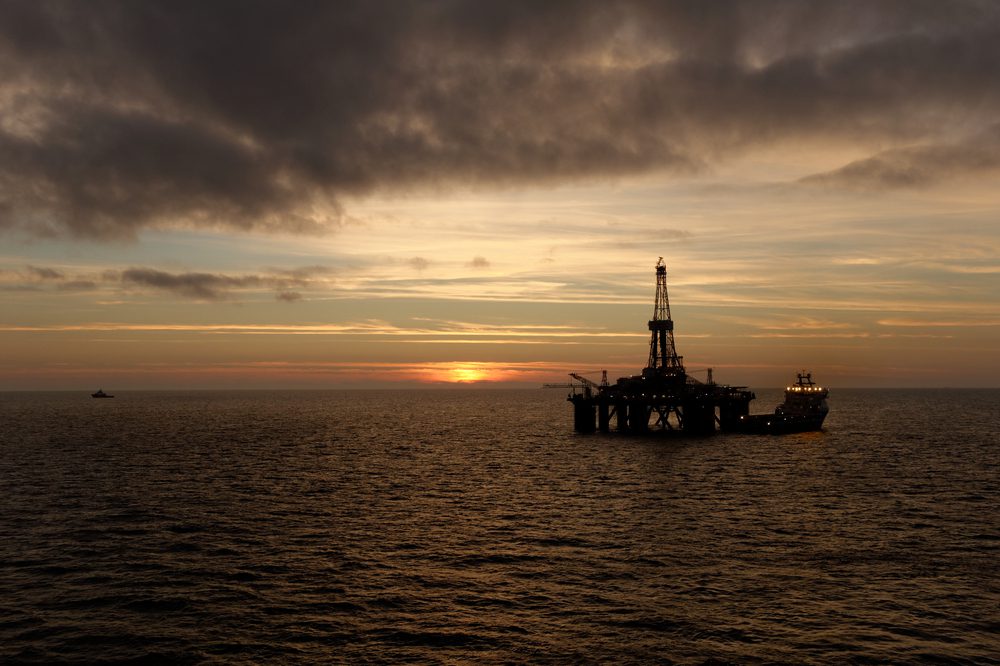NASDAQ-listed The Metals Company (THC) says it has successfully collected polymetallic nodules from the seafloor of the Pacific Ocean as part of a trial of a new nodule collection system.
The trial marked the first such test in the Clarion Clipperton Zone (CCZ) since the 1970s. The CCZ is a 1.7-million-square-mile fracture zone in the eastern Pacific Ocean that contains trillions of potato-size polymetallic nodules lying on the muddy seafloor or just below. The rock-like deposits contain metals needed for the production of batteries that will be critical for the clean energy transition.
The collection system was designed by maritime pioneering Allseas and is deployed on board the company’s deepsea polymetallic nodule collection vessel Hidden Gem, a converted ultra-deepwater drillship. During a 60-minute pilot collection run, approximately 14 metric tons of nodules were collected during a sweep of approximately 150 meters, transported to the surface using a 4.3-km riser system, and placed into the hold of the Hidden Gem.
From inside the collector, nodules were channeled to a jumper hose and into the riser where they were lifted on compressed air in a 12-minute-trip to the Hidden Gem. The return water was discharged to the midwater column at depth.
The trial was meant to demonstrate that the Allseas-designed nodule collection system can withstand the pressures and temperatures of the deep-sea operating environment, as well as assess the environmental impacts.
Results of the trial will be submitted to International Seabed Authority, the intergovernmental agency responsible for regulating deepsea mining, as part of the regulatory and permitting process for TMC subsidiary NORI’s application for an exploitation contract, which the company expects to submit in the second half of 2023.
“With the first nodules making their way from seafloor to surface using an integrated pilot collection system, we find ourselves at a historic moment in the development of this industry,” said Gerard Barron, CEO & Chairman of The Metals Company. “Once again, our strategic partner Allseas have shown why they’re the best in the business when it comes to pioneering offshore engineering and operations. This is just the beginning, and we look forward to sharing more news as the trials and impact monitoring continue this quarter.”
In May 2022, TMC and Allseas announced successful trials of the nodule collector vehicle in deep-water in the Atlantic as well as harbor wet-test commissioning and shallow-water drive tests in the North Sea.

 Join The Club
Join The Club











